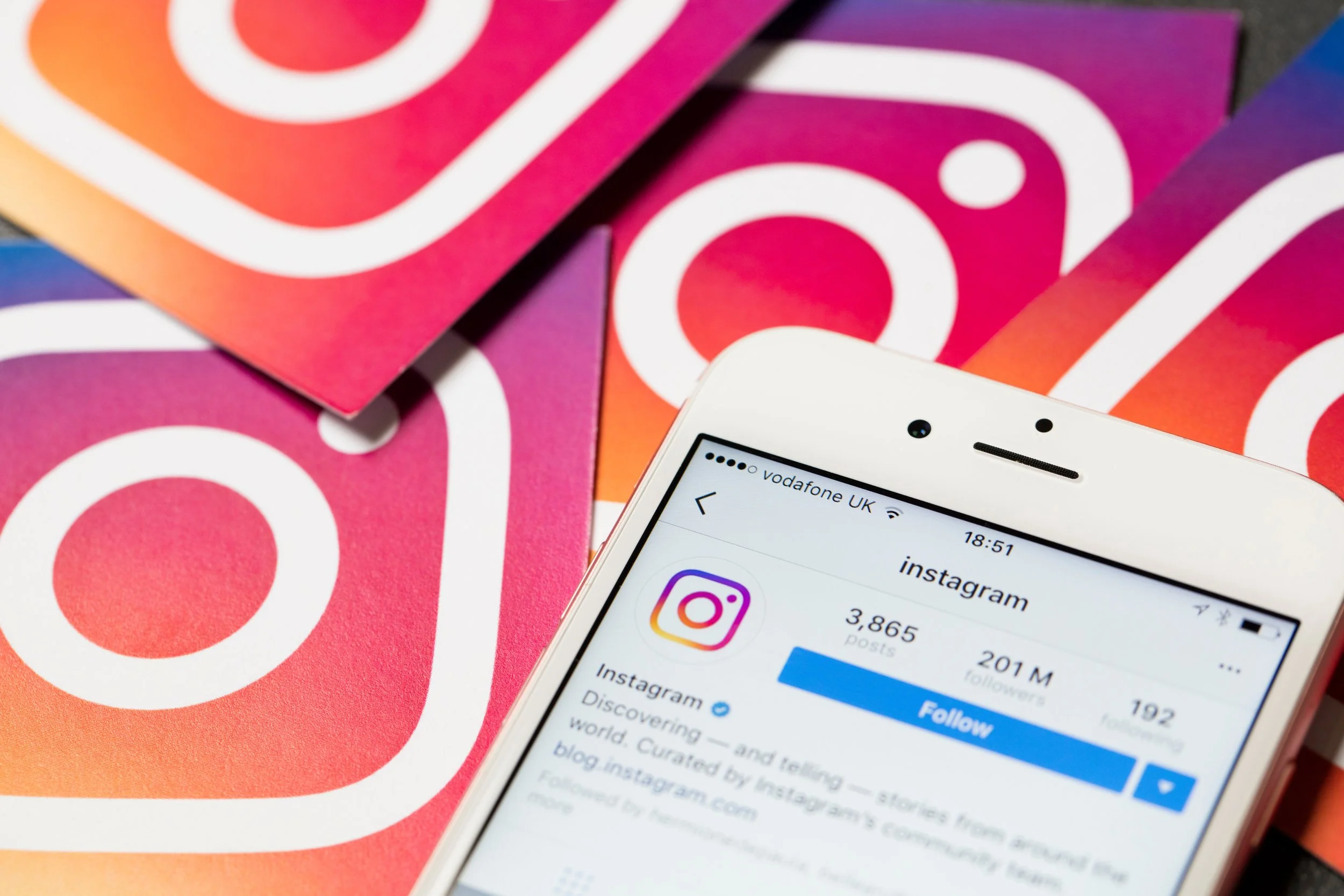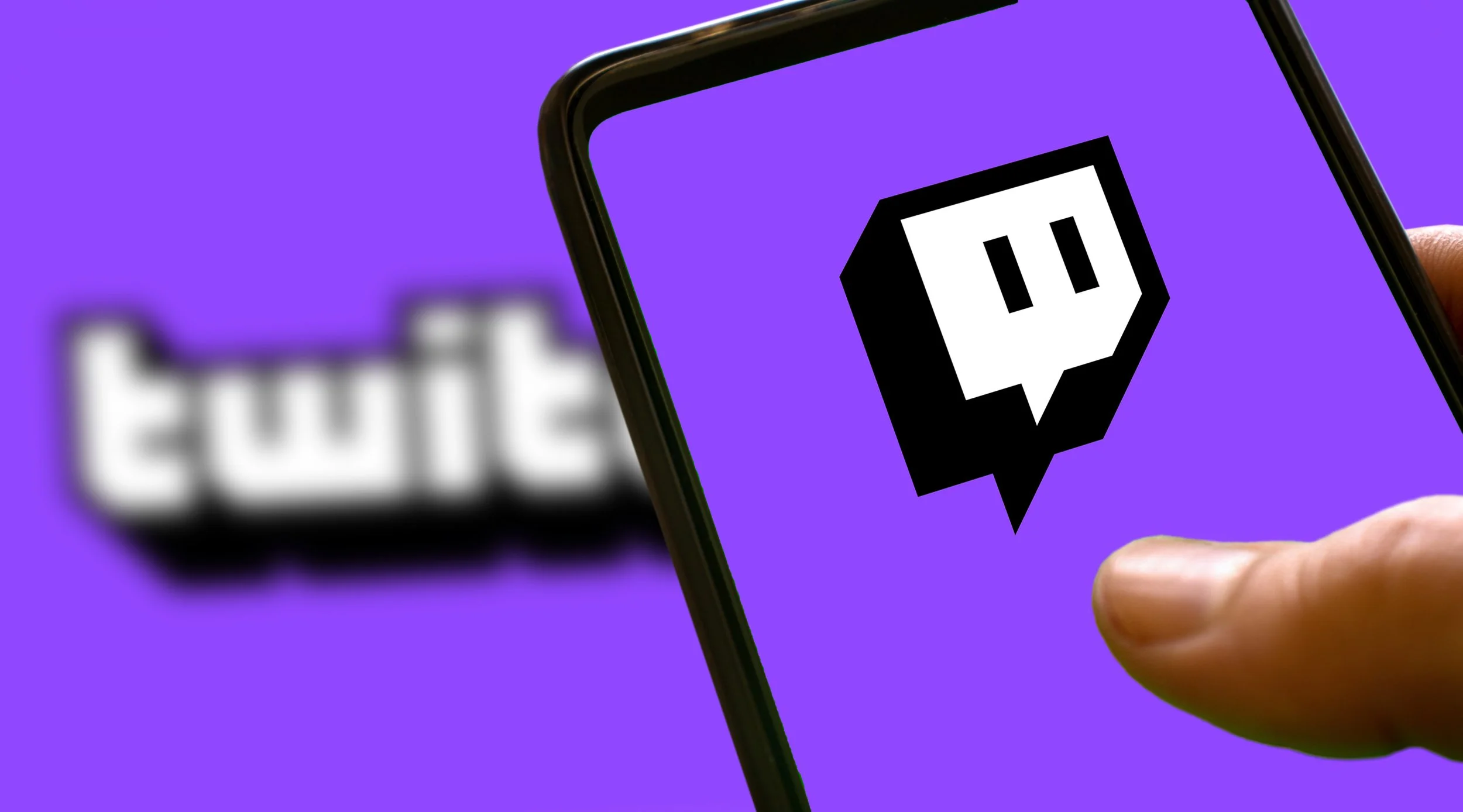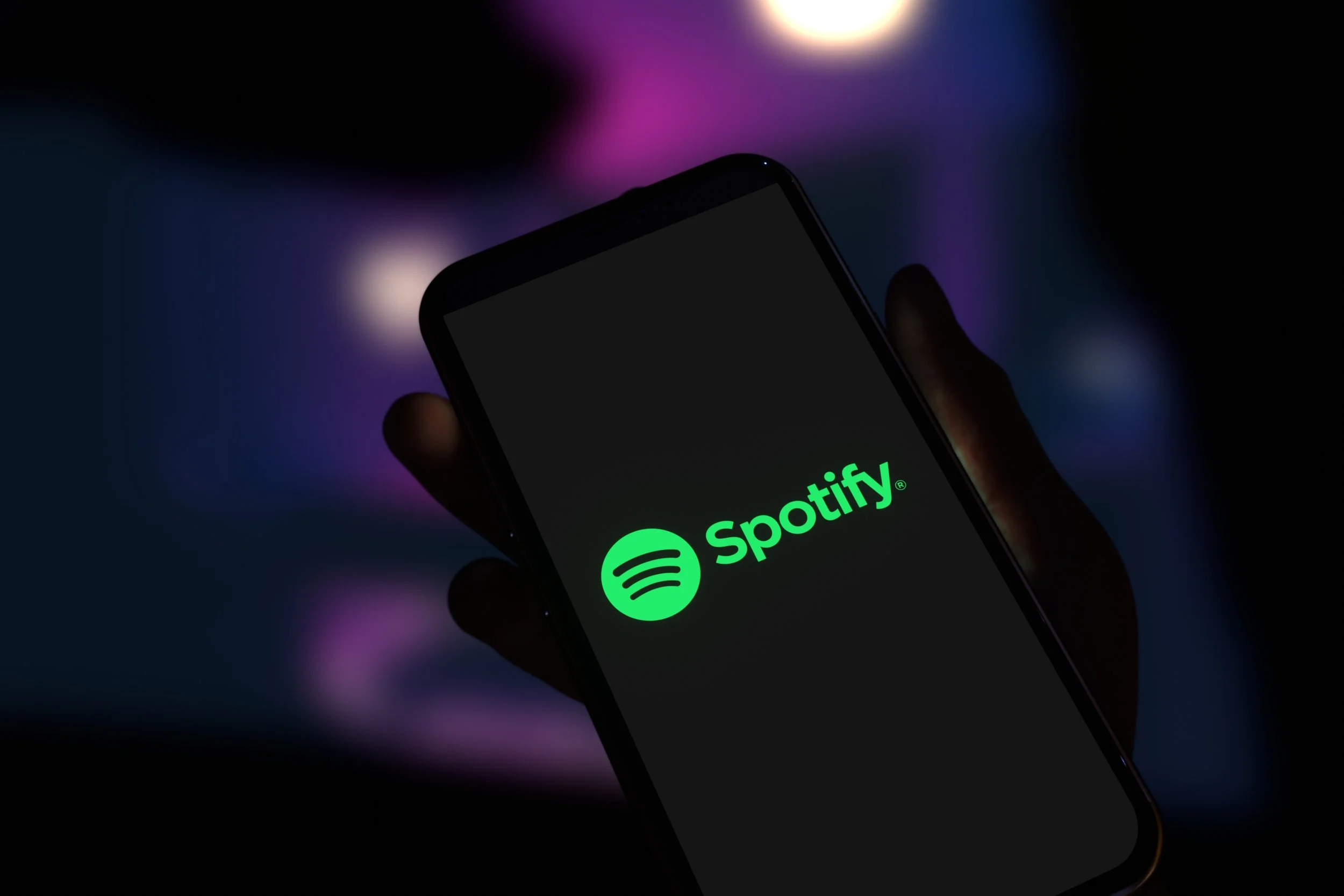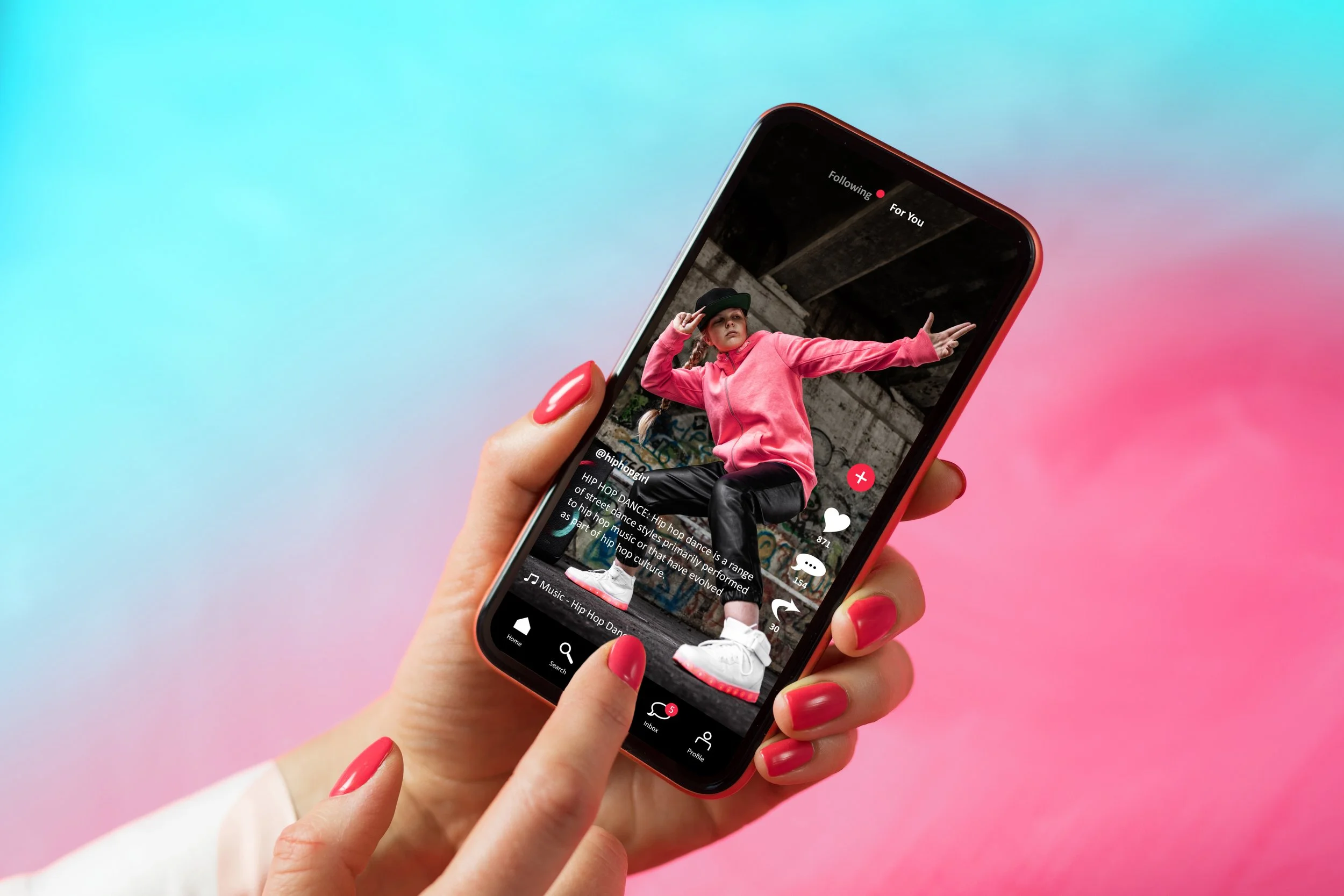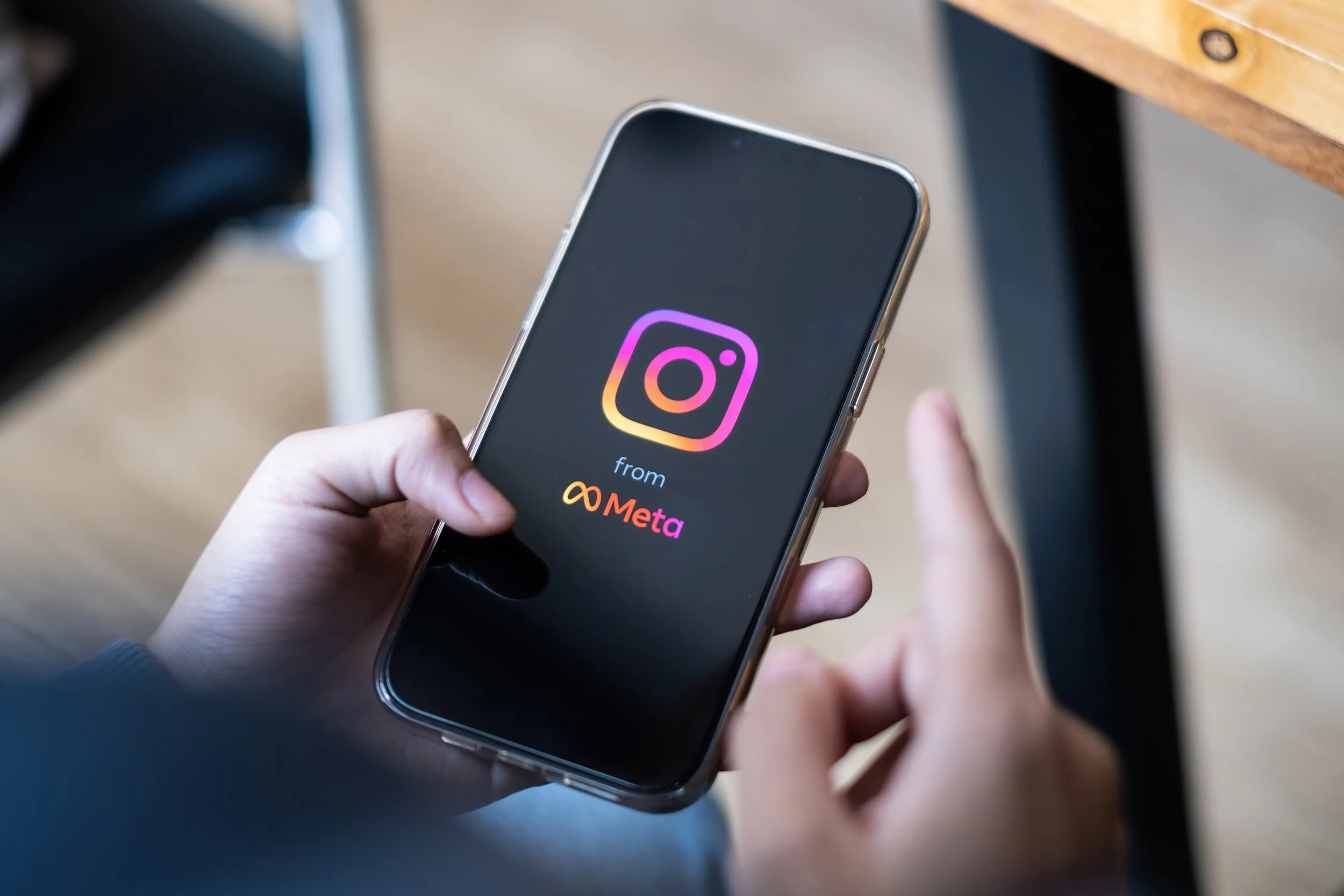Publishing Deals Explained (Part 3)
We've previously discussed topics concerning music publishing such as the two types of music copyrights, how song splits work, and royalties and how they're paid out. In part 3 of our Publishing Deals Explained series, we’ll be covering some of the most common publishing deals out there. Before we explain the different types of publishing deals and how they work, there are a few prerequisites that we need to cover. Let's start by explaining what music publishing deals are. Publishing deals involve transferring a part of your copyright to a publisher, which allows them to license the use of the composition. In exchange, you will get a share of the royalties collected by said publisher.
In order to further understand how publishing deals work, we must first understand that there is a difference between a publishing deal and a record deal. A lot of times, creatives blur the lines and lump the two together as one deal but they're distinctive and both play a specific role. If you're a creative looking to sign a deal, it would be advantageous to sign both a publishing deal and a record deal because they actually work in tandem with one another. To simply put it, record deals represent and collect on the master recording itself. Publishing deals represent and collect on the music composition.
In a publishing deal:
The publisher owns rights to the publisher’s share of a song
Exploitation of the copyright and the songs themselves
Performance royalties, sync royalties, and sheet music royalties are paid out
The administration of the musical composition is handled (registering copyrights for each song, negotiating licensing, collecting your money, and handling licensing fees)
Sync deals for TV and film are sought out
Advances are paid out so that the creative can focus on music full time
In a record deal:
The record label will own the rights to the master of your song
The label will handle the release of your master recordings to retailers, streaming services, radio, etc.
The label will handle promotions, marketing your music, and landing sync placements
Advances to cover the recording costs for the album or a single are paid out
Labels pay to produce physical releases like CDs or LPs
You'll get paid out mechanical royalties for physical sales, digital download sales, and streaming
Depending on the deal some of your publishing may be taken
Now that we’ve cleared that up, it’s time to talk about the different royalty shares that are involved in a song and how they work. There are two equal shares of royalties attached to the composition portion of a song. The writer's share consists of performance royalties and streaming mechanical royalties. The publisher’s share consists of mechanical royalties. The writer's share is 50% and the publisher's share is the other 50%. This should not be confused with how music copyrights are split between its creators as discussed in part 1 of this series. In fact, these shares should be applied to each creator after the song has been properly split. It's also important to note that you can act as your own publisher. If you don't have one, be sure to register your own publishing company because if you don't, you will only receive the royalties for the writer's share.
Remember, as discussed in part 2, performance royalties are paid out via performance rights organizations directly to the writer. On the other hand, mechanical royalties are paid out to the mechanical rights organization solely to the publisher, who in turn pays you. If you’re not set up as your own publisher, nor do you have a publisher, the revenue paid to the publisher's share will then fall into what is known as a black box. This is a pool of unclaimed royalties at collection societies. If these royalties are not claimed by a publisher within a certain amount of time, they will be distributed to other local publishers based on market share. This means that your royalties will be lost forever because they've been distributed to someone else. The writer’s and publisher’s share play an important role in considering publishing deals because publishing companies will take a percentage of control from your publisher share. Knowing this information prior to signing a publishing deal can be crucial in making decisions about the future of your career.
Now that the necessary information has been broken down, it’s time to get into the different types of deals:
Administrative Deal
In an administrative deal, also known as an admin deal, the publishing administrator is responsible for registering your songs and collecting on your behalf. In this type of deal, the creator retains 100% ownership of the copyright and the publisher takes what's known as an administrative fee, which is around 10 to 25% of the overall royalties collected that comes out of your publisher share. They also process the paperwork for any sync licenses you acquire for a percentage of the sync royalty. This type of deal is typically a 1 to 3 year agreement. It’s great for independent creatives who are releasing or placing music, but still want to retain ownership of their music. One thing to keep in mind though is that because the publisher does not own any publishing rights, they have no incentive to proactively promote your song catalog.
Co-publishing Deal
In a co-publishing deal, the creator splits ownership with the publishing company, giving them the right to exploit and promote their music composition on a larger scale. The most common split is 50/50 of the publisher share, whereas you keep 100% of the writer's share. This means that you relinquish a total of about 25% ownership while you maintain 75%. These percentages can always be negotiated, but must make sense for both parties. In this type of deal, you get a monetary advance, but this is not free money and must be recouped. Also remember, you do not start receiving royalties on a song until the advance has been fully recouped, which means the publishing company collects all your royalties until then. When signed to one of these types of deals, your publisher will handle administrative duties such as registering the copyrights of your songs, negotiating licenses, and collecting mechanical royalties, performance royalties and license fees. Your publisher also has vested interest to pitch your songs to music supervisors, labels, popular artists, and seek out sync deals for TV and film. When you are signed to one of these deals and have a team behind you, the possibilities for exposure on other platforms highly increases.
Also, when you sign a co-publishing deal, the agreement is usually 1 to 3 years with certain obligations. These obligations usually include writing/recording a minimum number of commercial songs and releasing music on a legitimate label. For example, let's say your obligation requires you to turn in 4 songs. That is the equivalent to 400% of publishing, which is broken down to 100% per song. Realistically, in most cases, you don't create 100% of a song because it’s usually shared with other producers, songwriters and artists. With that being said, if there are 4 contributors on a song and everything is split evenly, you only complete 25% of the total 400% that’s required from your deal. If you continue on the path of having multiple collaborators, your 4 song requirement can easily turn into an upward of 16+ songs. As a result, try to minimize the amount of collaborators on a song. Another option is to create your own music and produce it yourself. In this case, 4 songs actually counts as 4 songs because you are both the producer and the artist. This is the best case scenario and not typical.
Another very important thing to consider is that, in many cases, you still have to seek out your own placement opportunities with little help from the publisher. Every publisher is different and their involvement depends on a number of variables, such as the size of the publishing company. Smaller publishing companies tend to have fewer clients and can often pay them more attention. But on the flip side, if they are flooded with clients, they may not have the sufficient bandwidth to adequately accommodate each artist. On the other hand, larger publishing companies tend to have tons of clients and you can often get lost in the sauce, especially if you are a low performing creative that generates a small amount of revenue. At this point, you become a low priority. If you find yourself having tons of success and generating high amounts of revenue, you will find yourself being reprioritized to the top of the list. At that point, with bigger publishing companies, the resources and opportunities can be endless.
Full Publishing Deal
This type of deal is not as common these days, but is still an active option. In a full publishing deal, the creative signs over 100% of their publishing share to a publishing company, which means the publisher now owns the music. This deal shares a lot of the same benefits as a co-publishing deal, but with enhanced incentives. For instance, the advance may be larger, the publishing company will have greater vested interest to pitch your music, and you increase the possibility of exposure on more platforms. Also keep in mind that the publisher does not require permission to exploit the music. When it comes to making money, publishers recoup on the advance before paying out any revenue to the creative. Creatives only receive 50% revenue after the advance has been fully recouped.
360 Deal
First off, a 360 deal is actually considered a record deal, but has publishing wrapped up in the agreement. It's also important to note that some of the bigger record labels, such as Warner Music Group and Universal Music Group, have a publishing arm and often act as both your label and publisher. 360 deals are exclusive recording artist contracts that grant a record label a percentage of the earnings from a creative's entire output, rather than just record sales. These revenues could include live concert revenue, merchandise, sales, endorsement deals, book and movie deals, ringtones, publishing royalties and more. This means you relinquish some of your publishing rights and lots of potential to earn more money.
Work-For-Hire Deal
A work-for-hire agreement is when a songwriter, producer, composer, etc. is paid a flat fee by companies or individuals to create unique compositions for their projects. In most cases, you sign away all of your master and publishing rights, including your writer's share, which means you aren't entitled to any royalties of the music you create for them. This gives them the right to use your work for whatever they like without your consent. That being said, you may also not be credited as a composer of the song. Forfeiting both your credit and rights may not seem like a big deal at first, but can be a huge mistake down the road especially if a song gains a lot of traction and blows up. You could always negotiate this agreement to keep and maintain some publishing rights, even if it's a smaller amount, or you can work in some type of recapture window that will allow you to secure some future revenue.
At the end of the day, we just encourage you to do what you feel is best for your situation. You should always consult with an entertainment attorney to ensure you're getting the best possible deal. Sometimes trying to understand legal jargon can be an overwhelming task and having an attorney in your corner can tremendously help you so that you don't find yourself committing to something you'll regret later. Keep in mind, there are other types of publishing deals out there that are unique to certain circumstances, but the ones we’ve covered are the most common ones to be aware of. Lastly, word of advice: just because a publisher offers you a big advance doesn't mean it's the right deal to go with because, truth be told, that's not even your money and it still has to be paid back. Ownership is everything, so sometimes taking a smaller advance in exchange for more publishing is the way to go. After all, the more you own, the greater potential you have to make more money.
That wraps up our Publishing Deals Explained series - we hope all this information has proven to be useful for you. Be sure to check out part 1 and part 2 if you haven’t already!


